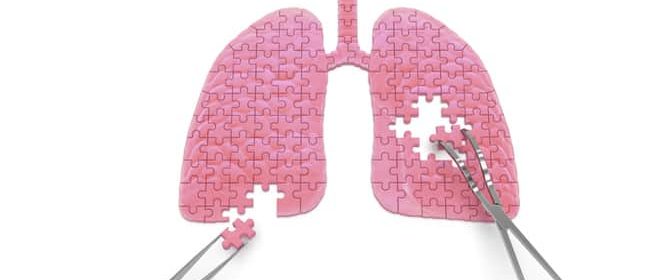While lung transplant (LTX) can be an effective therapy to provide the survival benefit in selected populations, post-transplant outcome in LTX recipients with bronchiectasis other than cystic fibrosis (CF) has been less studied. Pseudomonas aeruginosa, often associated with exacerbations in bronchiectasis, is the most common micro-organism isolated from LTX recipients. We aimed to see the outcomes of patients with bronchiectasis other than CF after LTX and seek the risk factors associated with pre- and post-transplant Pseudomonas status.
Patients who underwent LTX at Tohoku University Hospital between January 2000 and December 2020 were consecutively included into the retrospective cohort study. Pre- and post-transplant prevalence of Pseudomonas colonization between bronchiectasis and other diseases was reviewed. Post-transplant outcomes (mortality and the development of chronic lung allograft dysfunction (CLAD)) were assessed using a Cox proportional hazards and time-to-event outcomes were estimated using the Kaplan-Meier method.
LTX recipients with bronchiectasis experienced a high rate of pre- and post-transplant Pseudomonas colonization compared to other diseases with statistical significance (p < 0.001 and p < 0.001, respectively). Nevertheless, long-term survival in bronchiectasis was as great as non-bronchiectasis (Log-rank p = 0.522), and the bronchiectasis was not a trigger for death (HR 1.62, 95% CI 0.63-4.19). On the other hand, the chance of CLAD onset in bronchiectasis was comparable to non-bronchiectasis (Log-rank p = 0.221), and bronchiectasis was not a predictor of the development of CLAD (HR 1.88, 95% CI 0.65-5.40).
Despite high prevalence of pre- and post-transplant Pseudomonas colonization, the outcome in LTX recipients with bronchiectasis other than CF was comparable to those without bronchiectasis.
© 2021. The Author(s).
Outcome and prognostic factors after lung transplantation for bronchiectasis other than cystic fibrosis.


